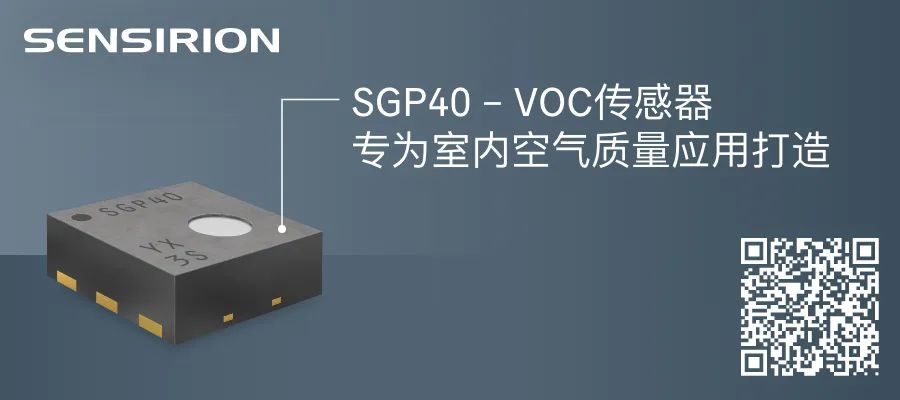
For the design of the FM transmitter, I chose the VMR6512 module, which really resembles a complete radio frequency (RF) module on a chip! It eliminates all the essential circuits of a basic FM transmitter, such as inductors and trimmers.
According to the specifications of the VMR6512: “The VMR6512 is a highly integrated FM audio signal transmitter module. It integrates an advanced digital signal processor (DSP), frequency synthesizer; RF power amplifier (RF PA), and matching network internally. Therefore, it can achieve FM audio modulation without any external components. It can also use digital pre-emphasis, digital filtering, automatic gain control, and digital frequency control technology to achieve broadcast-quality sound with the VMR6512.”
Its operating frequency range is between 88.0MHz and 108.0MHz. Figure 1 shows the schematic diagram of this transmitter.
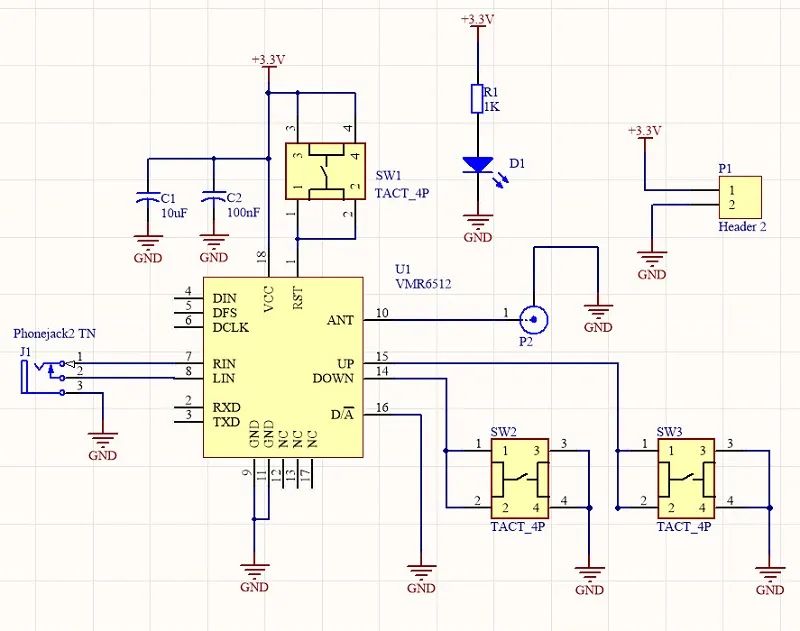
Figure 1: Schematic diagram of the FM transmitter.
The LED D1 indicates the correct connection to the circuit power (3.3V). Capacitors C1 and C2 reduce power supply noise (0805 package). Three tactile switches (buttons) are also used in this design: SW1 resets the module, SW3 increases the frequency (+0.1MHz), while SW2 is used to decrease the frequency (-0.1MHz).
The following Figure 2 shows the top view of the PCB, Figure 3 shows the bottom view of the PCB, and Figure 4 shows the 3D view of the assembled PCB.
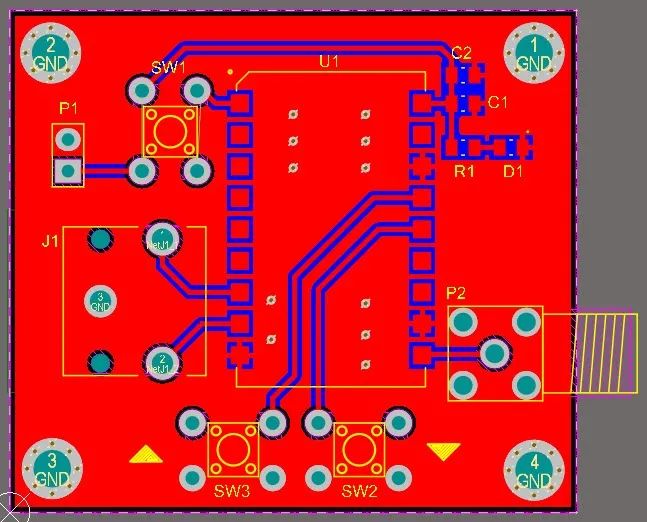
Figure 2: Top view of the PCB.
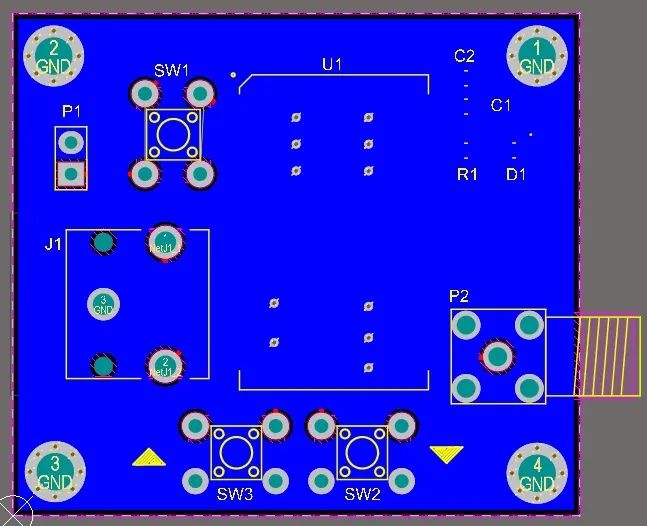
Figure 3: Bottom view of the PCB.
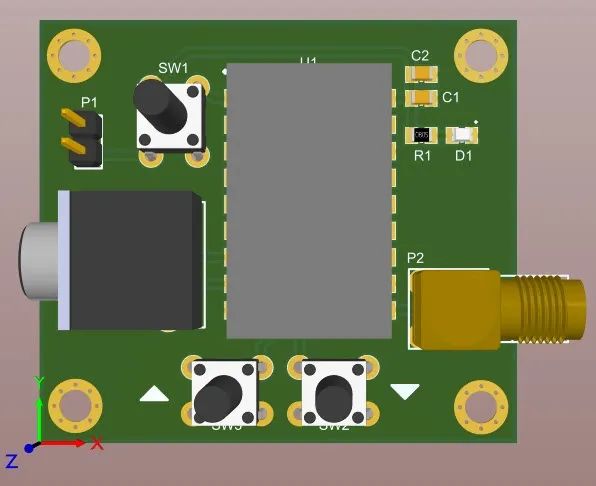
Figure 4: 3D view of the assembled PCB.
I used an SMA connector for P2 (antenna connection), so it can be used to connect to an antenna or to connect the output to an RF amplifier. It is important to note that before increasing the transmitter power, please check the regulations and broadcasting laws in your country/region.
Author: Hesam Moshiri
Source: EDN Electronics Design
Highlights
Internal Design Principles and Structure of a Chip
A Doctor DIYs a Laser Gun with Raspberry Pi!
Understanding Inductor Core Materials in One Article
DIY USB Drive Using Discarded Phone EMMC Flash Memory
Finally Seen a 5G Glass Antenna, Transparent
